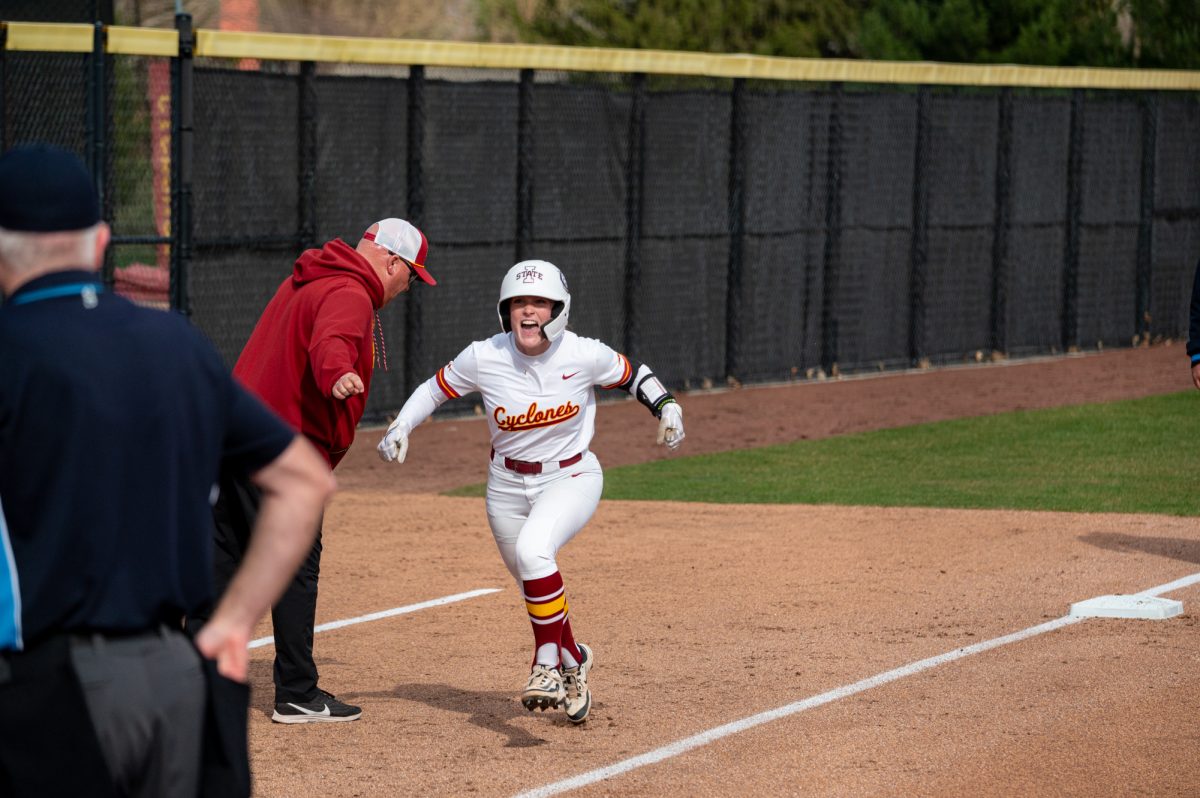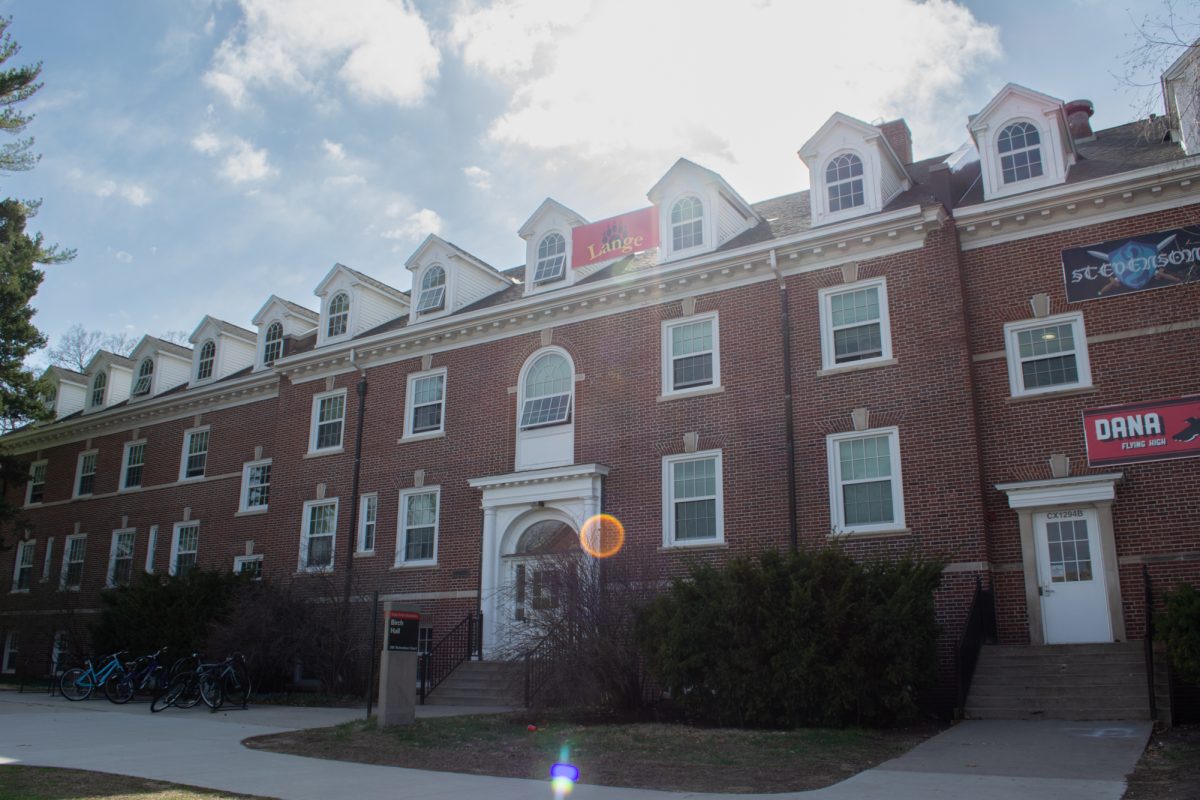Students cultivate education before returning to the farm
January 25, 2005
Many agriculture students stop to get a degree before heading back to the family farm, even though farming isn’t a career field often identified with higher education.
Some students go to college because their parents want them to experience life beyond the farm. A college education can help prevent problems common to farming like financial difficulty. Students also obtain degrees and work for businesses to build up financial resources, then go back to farm.
Michael Gaul, director of agriculture career services, said approximately 12 to 15 percent of the undergraduates in the College of Agriculture will obtain their degrees and head back to a family farm.
Gaul said there are four main degrees that students are getting to farm — agricultural studies, agronomy, agricultural business and animal science.
“You have to admire their passion,” Gaul said. “Farming is hard work; it is easy to stay at home. To come and get an education, to make such an investment, shows a lot about that person.”
Tom Polito, assistant professor of agronomy, said the reason the degrees are being obtained to farm is the same reason other students get degrees. Farming is a business with changing technology and government programs. Farms have million-dollar budgets, and having a degree will help the students manage the budget, Polito said.
Students are coming here to set a base for their careers. They need the basic knowledge to solve everyday farming problems, Polito said. Farming is an industry on which everyone is dependent in some way, and college graduates are better prepared than someone who goes into farming right after high school, he said.
Kyle Chesnut, senior in agricultural systems technology, said he is attending Iowa State to get his degree and then plans on moving back home to work on the family farm. Chesnut said his reason for obtaining a degree before working is to know that he is being the best he can be.
“Farming is just like a business, and you need to know that business to make it better,” he said.
Chesnut said his father — also a farmer — had a strong influence on him, and he plans on working for his father once he is done with school. In addition to working for his father, Chesnut plans on selling seed corn and soybeans. In the future, he said he would like to have his own farm and sell seed.
Chesnut said a degree is necessary and important for farming.
“You learn the network and take all the information that you learn here with you,” Chesnut said.
As well as gaining an education, he said he believes that farmers with degrees are improving farming.
Tyler Boeckmann, sophomore in agronomy, is also studying at Iowa State with plans of returning to his family farm after college. Boeckmann said he is getting his degree in agronomy in order to have something to fall back on if farming doesn’t work out.
Even when students have obtained their degree to farm, there are still more ways to further their education. There are two main graduate programs that students can work on while they are farming: agronomy and agriculture.






